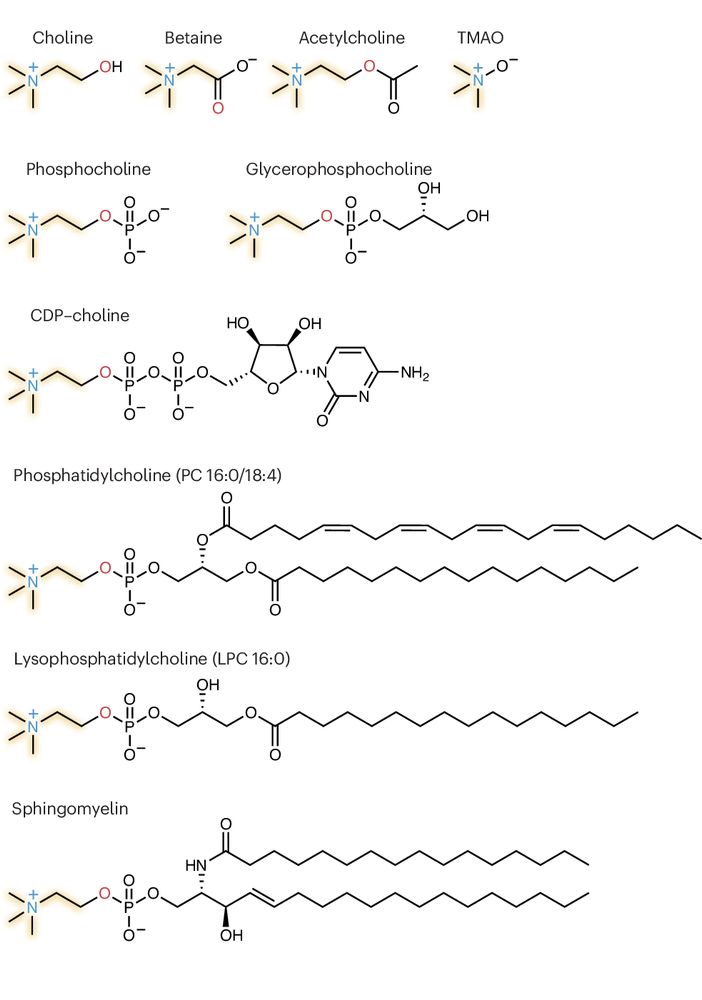
PERSPECTIVE | The emerging role of protein l-lactylation in metabolic regulation and cell signalling
H Ren, Y Tang & D Zhang

PERSPECTIVE | The emerging role of protein l-lactylation in metabolic regulation and cell signalling
H Ren, Y Tang & D Zhang




The genetic underpinnings of MASLD and causal associations with T2D and insulin resistance. 🧪

The genetic underpinnings of MASLD and causal associations with T2D and insulin resistance. 🧪

Available evidence supports the use of probiotics for preventing antibiotic-associated diarrhea, alleviating some minor gut issues, and improving lactose intolerance via @isappscience.bsky.social

Available evidence supports the use of probiotics for preventing antibiotic-associated diarrhea, alleviating some minor gut issues, and improving lactose intolerance via @isappscience.bsky.social



Higher physical activity is associated with slower tau accumulation and cognitive decline in people with preclinical Alzheimer’s disease.
www.nature.com/articles/s41...

Higher physical activity is associated with slower tau accumulation and cognitive decline in people with preclinical Alzheimer’s disease.
www.nature.com/articles/s41...


REVIEW | Cellular and organismal function of choline metabolism
M Abu-Remaileh, K Birsoy et al.

REVIEW | Cellular and organismal function of choline metabolism
M Abu-Remaileh, K Birsoy et al.

REVIEW | Cellular and organismal function of choline metabolism
M Abu-Remaileh, K Birsoy et al.

👉 Read it here: www.cell.com/cell-reports...

👉 Read it here: www.cell.com/cell-reports...

‘Hey! Is that a banana in your pocket?’
‘No. Just my pocket-sized spicy-sensing tongue. You can never be too careful.’

‘Hey! Is that a banana in your pocket?’
‘No. Just my pocket-sized spicy-sensing tongue. You can never be too careful.’
“Using the gut immune system to induce cellular immunity is a unique approach,” Shirakawa notes. “And it should be very easy to extend it to other antigen proteins and also infectious diseases.”
#ScienceSunday

“Using the gut immune system to induce cellular immunity is a unique approach,” Shirakawa notes. “And it should be very easy to extend it to other antigen proteins and also infectious diseases.”
#ScienceSunday
REVIEW | Diabetes in China: epidemiology, pathophysiology and multi-omics
W Jia, E Fisher et al.

REVIEW | Diabetes in China: epidemiology, pathophysiology and multi-omics
W Jia, E Fisher et al.
In parallel, our new Nature Metabolism paper explores how metabolic–microbial interactions shape disease progression: www.nature.com/articles/s42...
#medsky #microbiome
In parallel, our new Nature Metabolism paper explores how metabolic–microbial interactions shape disease progression: www.nature.com/articles/s42...
#medsky #microbiome




